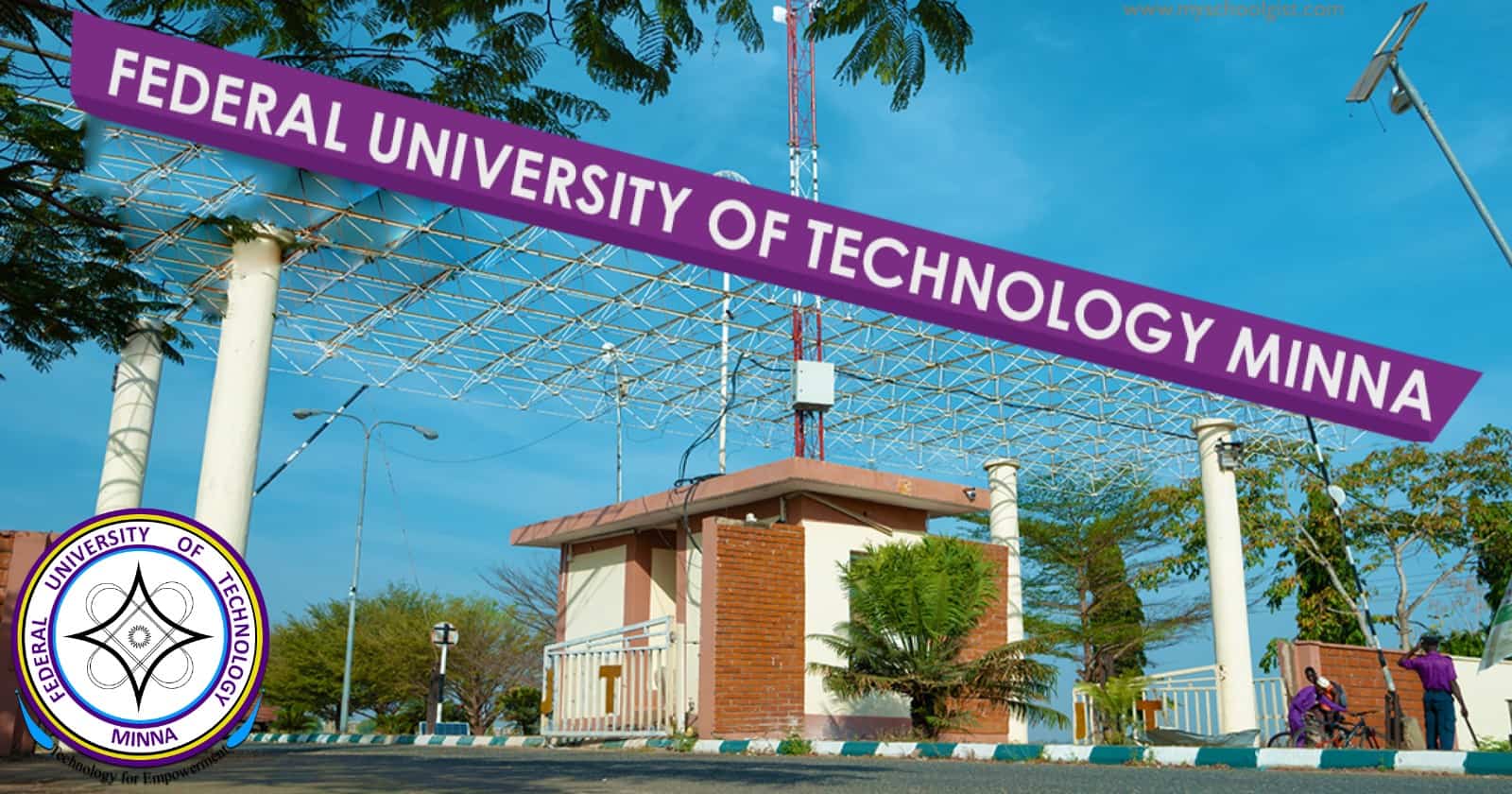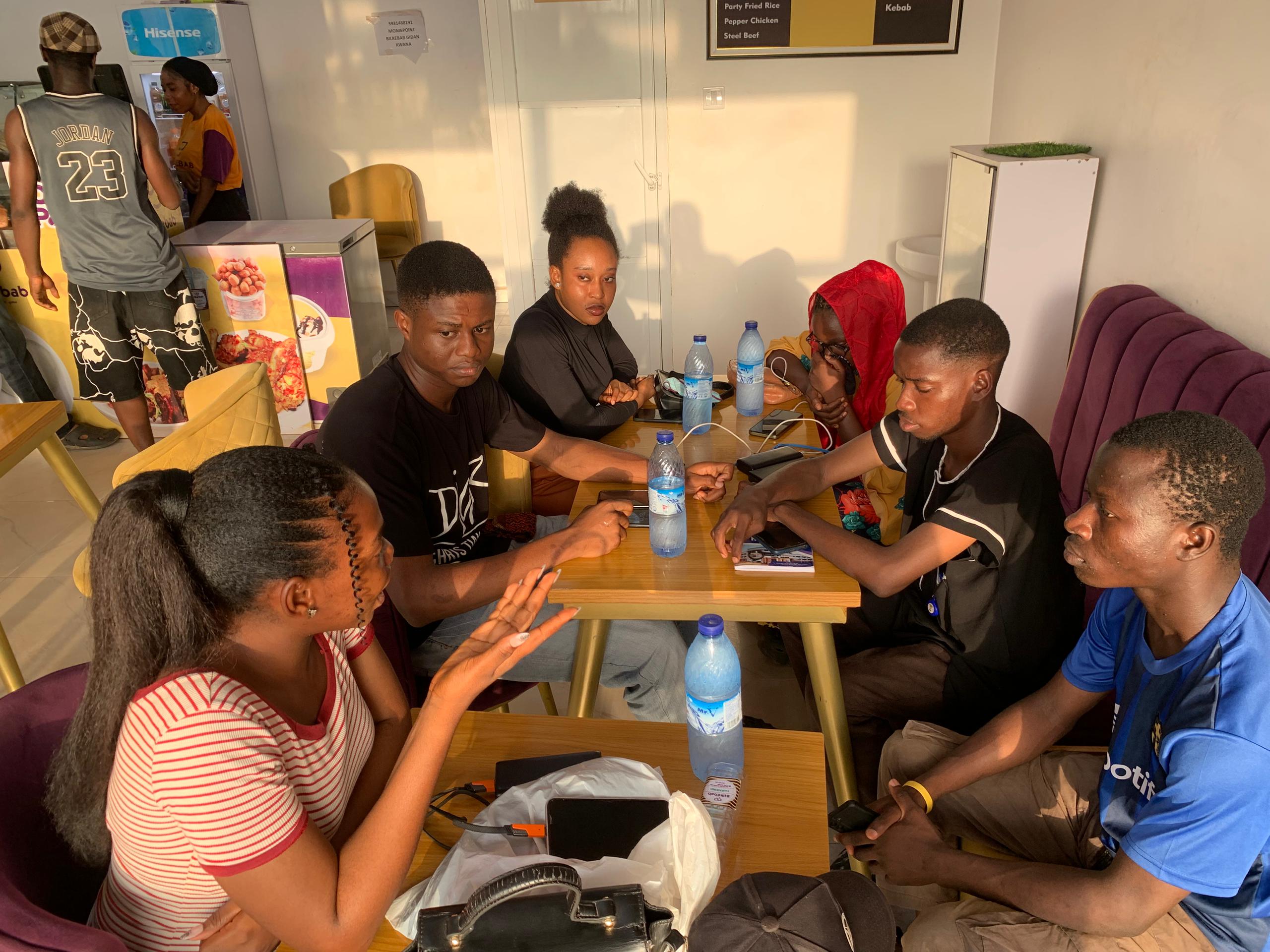The Federal University of Technology, Minna (FUTMINNA) was established on February 1, 1983, as part of Nigeria’s initiative to expand technological education and develop a workforce equipped with practical skills in science and engineering. Since its inception, the university has grown to become one of the leading institutions for technology-driven education in Nigeria.
Founding and Early Years
FUTMINNA was created as part of the federal government’s plan to establish specialized universities that would focus on the advancement of science, technology, and engineering. The university started operations by taking over the premises of the former Government Teachers’ College in Bosso, which became its first campus. The first Vice-Chancellor, Professor J.O. Ndagi, played a crucial role in setting up the institution’s academic and administrative structures.
In its early years, the university offered a limited number of programs, mainly in engineering and applied sciences. However, as demand for higher education in technology increased, FUTMINNA expanded its course offerings to include programs in information technology, environmental technology, agricultural technology, and entrepreneurship.
Campus Expansion and Infrastructure
As the university grew, the need for a larger and more suitable location became evident. To address this, FUTMINNA acquired 10,650 hectares of land at Gidan Kwano, located along the Minna-Kataeregi-Bida Road, for its permanent site. This new campus, which remains the university’s main campus today, houses most of its academic and administrative facilities.
Despite the relocation, the Bosso campus continues to function as an important part of the university, mainly hosting the School of Science and Technology. Over the years, the university has invested heavily in infrastructure, including state-of-the-art laboratories, research centers, libraries, and student hostels.
Academic Programs and Structure
FUTMINNA operates a school-based system instead of the traditional faculty structure. This unique approach enhances specialization and interdisciplinary collaboration. The university currently has several schools, including:
- School of Agriculture and Agricultural Technology
- School of Engineering and Engineering Technology
- School of Environmental Technology
- School of Information and Communication Technology
- School of Life Sciences
- School of Physical Sciences
- School of Science and Technology Education
- School of Entrepreneurship and Management Technology
- School of Postgraduate Studies
These schools offer undergraduate and postgraduate programs aimed at producing graduates who are not only knowledgeable but also equipped with hands-on skills to meet the demands of the modern workforce.
Research and Innovation
FUTMINNA has built a reputation as a center for research and innovation, particularly in biotechnology, information technology, and engineering. The university has made significant breakthroughs in various fields, including:
- The development of vaccines and drugs in biotechnology.
- Renewable energy research, including solar-powered devices.
- The invention of agricultural machines such as rice de-stoners and maize shellers.
- Research in artificial intelligence and software engineering.
The institution has been recognized as a Centre of Excellence in Biotechnology and Genetic Engineering, with a focus on developing solutions for health and agricultural challenges in Nigeria and beyond.
Leadership and Governance
Since its establishment, FUTMINNA has been led by several Vice-Chancellors, each contributing to its growth and development. Some of the past Vice-Chancellors include:
- Professor J.O. Ndagi (1983–1990)
- Professor S.O. Adeyemi (1990–1994)
- Professor I.H. Umar (1994–1997)
- Professor M.A. Daniyan (1997–2002)
- Professor H. Tukur Sa’ad (2002–2007)
- Professor M.S. Audu (2007–2012)
- Professor Musbau Adewumi Akanji (2012–2017)
- Professor Abdullahi Bala (2017–2022)
- Professor Faruk Adamu Kuta (2022–present)
Each of these leaders has played a vital role in shaping the university into the prestigious institution it is today.
Student Population and Alumni Impact
FUTMINNA started with a small student population, graduating only 22 students in its first convocation in 1990. However, the university has since grown significantly, now accommodating thousands of students across various disciplines. The institution prides itself on producing graduates who have made remarkable contributions in fields such as engineering, technology, business, and academia.
The alumni network of FUTMINNA is strong, with graduates holding key positions in government agencies, multinational companies, and research institutions. Many of them have become entrepreneurs, leveraging the knowledge and skills gained from the university to build successful businesses.
Global Recognition and Partnerships
FUTMINNA has gained national and international recognition for its academic excellence and research contributions. The university collaborates with leading global institutions on research projects, student exchange programs, and capacity-building initiatives. These partnerships have helped in improving the quality of education and providing students with opportunities for international exposure.
Conclusion
Since its establishment in 1983, the Federal University of Technology, Minna has remained a key player in Nigeria’s educational sector, particularly in technology and applied sciences. Its commitment to excellence in teaching, research, and innovation has positioned it as one of the best technology-driven universities in the country. With continuous improvements in infrastructure, curriculum, and partnerships, FUTMINNA is poised to remain a leading institution in technological advancement and human capital development for many years to come.


